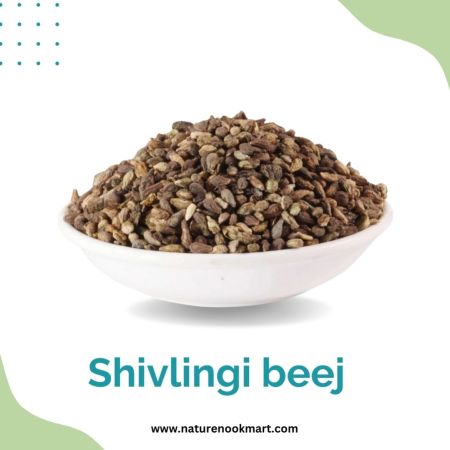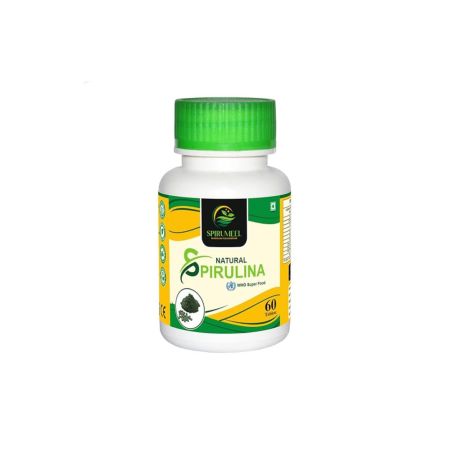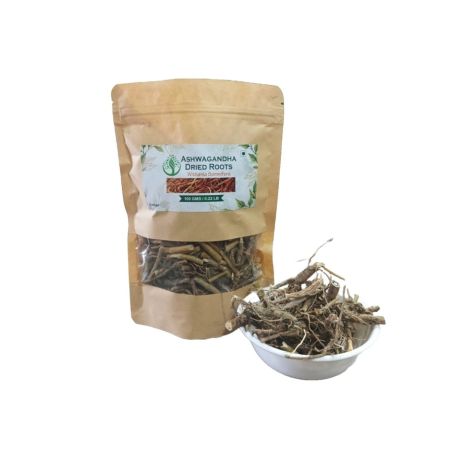|
Tulsi, or Holy Basil, is a revered herb in Ayurvedic medicine and Hindu culture, often called the “queen of herbs.” There are two main varieties of Tulsi: Krishna Tulsi (Shyama Tulsi) and Rama Tulsi (Lakshmi Tulsi). Both varieties offer a wealth of medicinal benefits, though they differ slightly in appearance, taste, and potency. Known for its healing properties, spiritual significance, and distinctive aroma, Tulsi is used both as a food and a natural remedy.
Botanical Characteristics:
Krishna Tulsi (Shyama Tulsi):
Krishna Tulsi is characterized by its dark purple stems and dark green or reddish-purple leaves. The leaves are often smaller and have a slightly stronger, spicier flavor. Krishna Tulsi is considered to be more potent in its medicinal effects and is often used in spiritual practices due to its energizing properties.
Rama Tulsi (Lakshmi Tulsi):
Rama Tulsi has lighter green leaves with a smoother texture and a milder, sweeter flavor. The plant typically has green stems and produces small white flowers. Rama Tulsi is often used in herbal teas and for medicinal purposes, as it is considered to be more cooling and soothing than Krishna Tulsi.
Health Benefits of Raw Tulsi (Krishna and Rama Varieties):
Both varieties of Tulsi are loaded with beneficial compounds like eugenol, ursolic acid, and flavonoids, which contribute to their wide range of health-promoting properties:
Stress Relief and Adaptogen:
Acts as an adaptogen, helping the body adapt to stress and maintain balance.
Reduces anxiety and promotes mental clarity and calmness, particularly beneficial for managing emotional stress and nervous tension.
Immune System Boost:
Tulsi is a powerful immune booster with antiviral, antibacterial, and antifungal properties.
Helps prevent common illnesses like colds, coughs, and flu and supports overall immune function.
Anti-Inflammatory and Antioxidant Properties:
Tulsi contains potent antioxidants that help combat oxidative stress and reduce inflammation.
Helps in the management of inflammatory conditions like arthritis.
Digestive Health:
Improves digestion and alleviates digestive disorders like bloating, gas, and indigestion.
Stimulates the appetite and supports detoxification of the liver and digestive system.
Cardiovascular Health:
Helps lower blood pressure and cholesterol levels, promoting a healthy heart.
Acts as a natural blood purifier, supporting circulatory health.
Respiratory Health:
Excellent for treating respiratory issues like cough, asthma, bronchitis, and sinus congestion.
Acts as a natural expectorant, helping to clear mucus from the lungs and airways.
Skin and Hair Health:
Tulsi's antimicrobial and anti-inflammatory properties help treat skin conditions like acne, eczema, and infections.
Improves scalp health and hair growth by nourishing the follicles.
Culinary and Medicinal Uses of Raw Tulsi:
Raw Leaves: Eaten fresh in salads, juices, or smoothies, especially in combination with other herbs.
Infusions: Tulsi leaves are often steeped in hot water to create herbal tea, offering both health benefits and a pleasant aroma.
Herbal Tinctures and Extracts: Concentrated extracts of Tulsi are used in supplements and medicines.
Topical Application: The leaves can be crushed and applied as a paste for skin and hair treatments.
Cultural and Spiritual Significance:
In Hinduism, Tulsi is considered a sacred plant, revered as a manifestation of the goddess Lakshmi. Tulsi is commonly grown in homes, especially in temples and courtyards, as a spiritual symbol of purification, health, and prosperity. It is also used in rituals and prayers to invoke blessings and healing.
Nutritional Composition of Raw Tulsi:
Vitamins: Rich in Vitamin A, Vitamin C, and Vitamin K.
Minerals: Contains calcium, iron, magnesium, potassium, and zinc.
Bioactive Compounds: Eugenol, ursolic acid, flavonoids, and tannins.
Calories: Low-calorie with high fiber and essential micronutrients.
Environmental Role and Cultivation:
Tulsi thrives in tropical and subtropical climates and can be grown in containers or gardens with adequate sunlight. The plant requires well-drained soil and moderate watering. It is not only a useful medicinal herb but also a beautiful ornamental plant in gardens, adding spiritual and ecological value.
|







.jpg)
.jpg)












